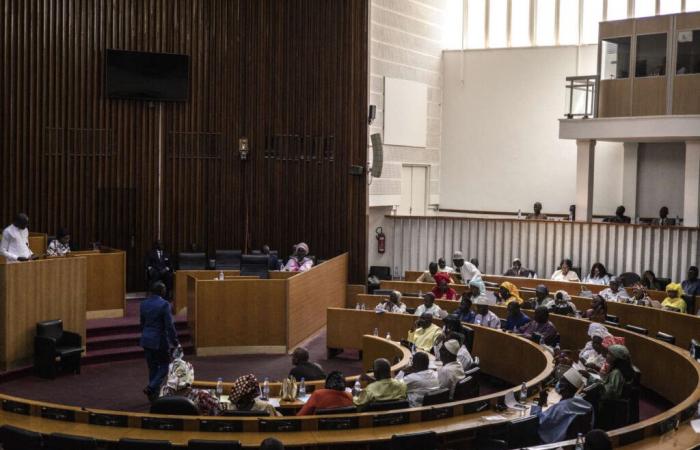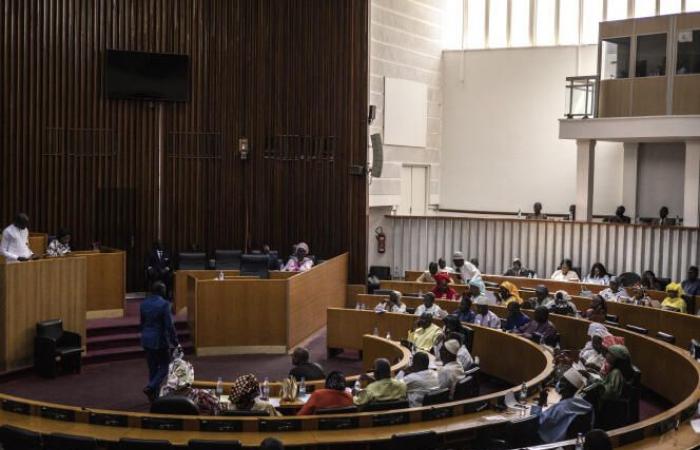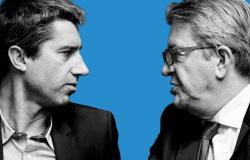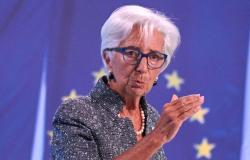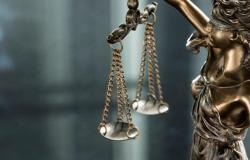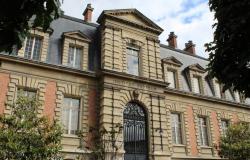The false suspense ended this Thursday, September 12 at 8 p.m. In a speech on national television, the Senegalese president, Bassirou Diomaye Faye, announced the dissolution of the National Assembly and called early legislative elections on November 17. “I am dissolving the National Assembly to ask the sovereign people for the institutional means that will allow me to give substance to the systemic transformation that I promised them.”he said in a brief speech.
Read also | Article reserved for our subscribers In Senegal, Bassirou Diomaye Faye, the breakup in measured steps
Add to your selections
The announcement of this dissolution is not a surprise. At the end of August, the Constitutional Council had recalled that the dissolution of the National Assembly could be legally pronounced by the president from September 12, two years after the start of the fourteenth legislature, on September 12, 2022.
Lacking a majority in Parliament, still dominated by deputies loyal to former President Macky Sall, Bassirou Diomaye Faye, elected on March 24 with 54% of the vote, did not have all the institutional levers to implement his program of rupture. His party, Pastef (African Patriots of Senegal for Work, Ethics and Fraternity) had only 23 deputies out of 165 – and around forty if you add up his allies in the Yewwi Askan Wi coalition.
“The cult of blocking”
In recent weeks, differences between the government and the opposition have blocked government action. At the end of June, the deputies of Benno Bokk Yakaar (BBY), the coalition that supported Macky Sall, boycotted the budget orientation debate, causing it to be cancelled. Last week, the proposal to abolish the High Council of Local Authorities (HCCT) and the Economic, Social and Environmental Council (CESE), considered “budget eaters” by the authorities, was rejected en bloc by the opposition deputies. “The pledge of frank collaboration with the parliamentary majority was an illusion, the latter having decided to maintain the cult of blockage”the president lambasted in his speech.
Ousmane Sonko, Prime Minister and leader of Pastef, has for his part been threatened with several motions of censure, one of which was filed by the camp of the former regime. His general policy statement (DPG), which he was supposed to deliver this Friday, September 13 before the National Assembly, was automatically revoked by the dissolution. A timing that raises questions within the opposition.
Read also | In Senegal, Prime Minister Ousmane Sonko is buying time while waiting for a parliamentary majority
Add to your selections
Although the deputies will retain their status until the next legislative elections, they can no longer meet, either in ordinary or extraordinary sessions. “The announcement of this dissolution on September 12, on the eve of Ousmane Sonko’s DPG, is not a coincidence. It is a maneuver to prevent a motion of censure and save the Prime Minister”analyzes Alassane Ndao, teacher-researcher at Gaston-Berger University in Saint-Louis. “This dissolution is a good thing. We have nearly 80 draft laws already drafted which are just waiting for a new Assembly to be voted on.”replies an outgoing Pastef MP. The president and his party will still have to win these legislative elections in order to obtain, as they hope, a qualified majority.
“A race against time”
“It’s vital for Pastefcontinues Alassane Ndao. If they do not win the majority, the rest of the mandate risks becoming complicated. A good part of their promises are based on constitutional reforms that require the approval of three-fifths of the National Assembly, or 99 deputies.
“A race against time begins but we are ready”assures Ibrahima Diallo, communications officer at Pastef. According to several sources consulted by The Worldthe Prime Minister (and party president), Ousmane Sonko, is expected to be invested as the head of the list at the national level – there are also departmental lists – and be very involved in the campaign. As a prelude, he went on September 7 to Matam, in the north of the country, a historic stronghold of Macky Sall, to promise a transformation of the region into a future economic hub.
Read the decryption | Article reserved for our subscribers Macky Sall, “the most present absentee” on the political scene in Senegal
Add to your selections
Despite a landslide victory in the first round of the presidential election in March, Pastef is nevertheless expected to present coalition lists. “The Senegalese legislative election is very particular, mixing proportional and majority systemsexplains Moussa Diaw, professor emeritus of political science. Parties are forced to form coalitions if they want a tangible majority.”
For its part, the opposition appears weakened since the last presidential election. On September 3, former President Macky Sall announced the dissolution of the BBY coalition, which had brought him to power in 2012 and supported him during his two terms. His former prime minister and unsuccessful presidential candidate, Amadou Ba, created his own party 72 hours ago. “They are not prepared and are still looking for a leader while elections are imminent”observes Moussa Diaw.
Read also | In Senegal, the former ruling party is looking for a line and a leader
Add to your selections
“The BBY coalition must be reinvented and expanded to other political and citizen forces,” believes Adji Mergane Kanouté, vice-president of the dissolved parliamentary group BBY, adding that Amadou Ba’s new party will not be excluded. “We are still in discussion. We must do everything to have a majority, to win, or failing that, impose cohabitation,” she concludes.

